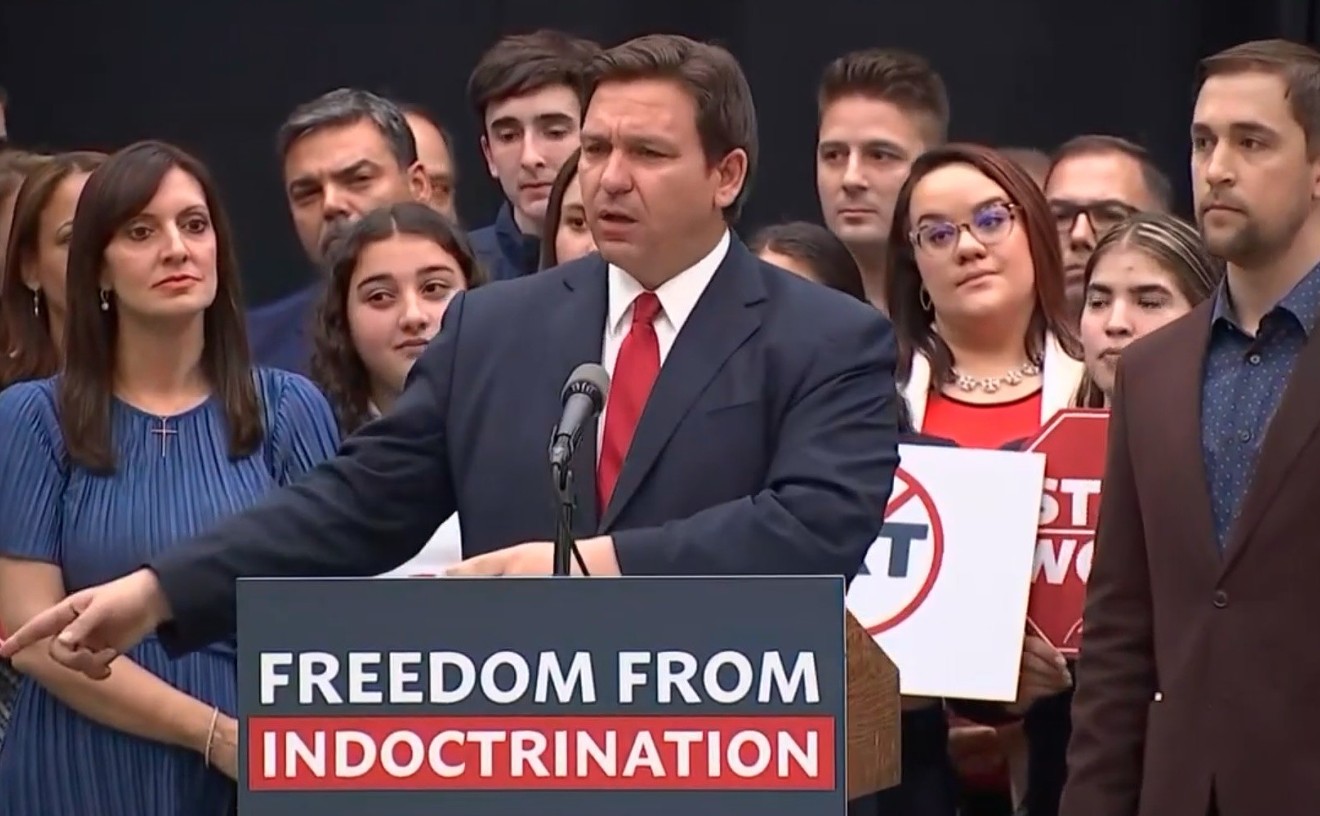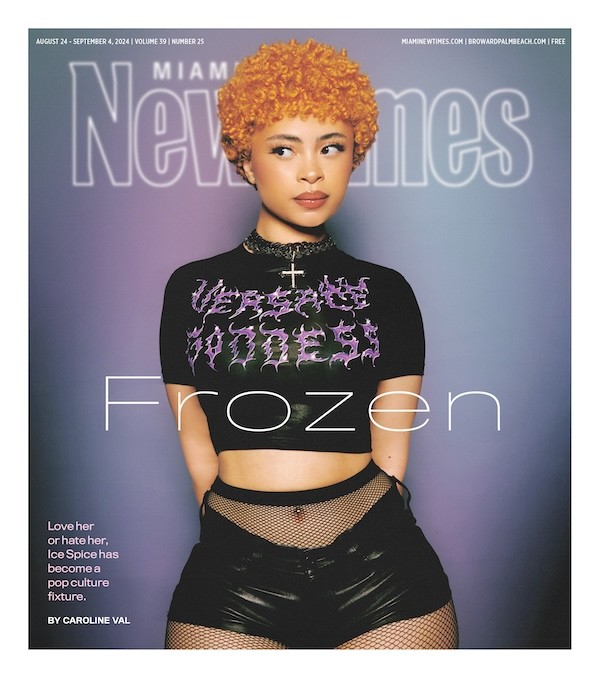Hear ye! Hear ye!
As Florida's abortion restrictions forge ahead toward Republican Gov. Ron DeSantis' desk, state lawmakers are seeking to revive a practice popular in medieval times as a way out of unwanted pregnancies.
House Bill 899 would permit fire departments, hospitals, and emergency medical stations to install "high-tech newborn infant safety devices" — better known as "baby boxes" — to safely retrieve unwanted babies. The practice, which was common in the Middle Ages (when it was known as the "foundling wheel"), is intended to allow parents to surrender newborns anonymously.
The measure passed unanimously in the Florida House of Representatives on April 3 and is now up for consideration in the state senate.
The bill's advancement came the same day that Florida's proposed ban on abortions after the gestational age of six weeks, or about four weeks of pregnancy, passed in the senate 26-13.
The anti-abortion bill, which is headed toward a vote in the GOP-dominated House of Representatives, targets both physicians who perform abortions and those who "actively participate in" them, allowing authorities to charge violators with a third-degree felony.
While legislation around baby boxes was first introduced in Florida back in 2020, and again in 2021, it failed to pass both times.
Third time's the charm, perhaps?
Florida, like many other U.S. states, has a "safe haven law" that allows parents to surrender a newborn at designated locations, including hospitals, fire stations, and police departments; however, that law doesn’t mention anything about leaving infants in high-tech boxes.
According to the "Surrendered Newborn Infants" bill — introduced by Republican Reps. Jennifer Canady and Mike Beltran and co-sponsored by six Republicans and two Democrats — the temperature-controlled and ventilated boxes would be equipped with alarm systems that trigger when a baby is dropped off, as well as 24-hour surveillance to allow employees of the designated locations to monitor them.
Unlike Florida's "safe haven law," which allows parents to anonymously surrender newborns up to seven days old, this new bill would apply to newborns up to one month after birth.
Although the legislation doesn't specify what device would be used, most modern-day baby boxes in the U.S. are created by an organization known as Safe Haven Baby Boxes. The Indiana-based nonprofit is run by America's self-proclaimed "baby box lady," Monica Kelsey, a former firefighter who says she was abandoned herself as an infant.
While her website describes her as someone who is "standing on the front lines defending the innocent children that are targeted for abortion and abandonment," Kelsey claims the organization itself "does not take a stance on abortion."
"We're not trying to drive women to boxes or telling them they have to use our boxes. That's the last resort option for parents," Kelsey says. "We have volunteers that are pro-life. We have volunteers that are pro-choice. Do I have a stance? Of course I do. Do you have a stance? Of course. But we don't bring it into our work," she tells New Times.
The cost of a baby box is roughly $5,800, but an additional $10,000 outlay is required for training and an awareness campaign for each box installation, according to Kelsey. She says her organization bankrolls boxes through donations and does not take government funds.
Courtesy of Save Haven Baby Boxes, Florida already has one baby box installed at a fire station in Ocala — one of 140 boxes across the U.S., according to Kelsey. A newborn was surrendered there earlier this year, marking its first use since its installation in December 2020.

Audio By Carbonatix
[
{
"name": "GPT - Billboard - Slot Inline - Content - Labeled - No Desktop",
"component": "16971022",
"insertPoint": "2",
"requiredCountToDisplay": "2"
},{
"name": "Editor Picks",
"component": "15769925",
"insertPoint": "4",
"requiredCountToDisplay": "1"
},{
"name": "Inline Links",
"component": "16575154",
"insertPoint": "8th",
"startingPoint": 8,
"requiredCountToDisplay": "7",
"maxInsertions": 25
},{
"name": "GPT - Rectangle 2x - Slot Auto-select - Labeled",
"component": "15782206",
"insertPoint": "8th",
"startingPoint": 8,
"requiredCountToDisplay": "7",
"maxInsertions": 25
},{
"name": "Inline Links",
"component": "16575154",
"insertPoint": "8th",
"startingPoint": 12,
"requiredCountToDisplay": "11",
"maxInsertions": 25
},{
"name": "GPT - Leaderboard to Tower - Slot Auto-select - Labeled",
"component": "15782207",
"insertPoint": "8th",
"startingPoint": 12,
"requiredCountToDisplay": "11",
"maxInsertions": 25
}
]












